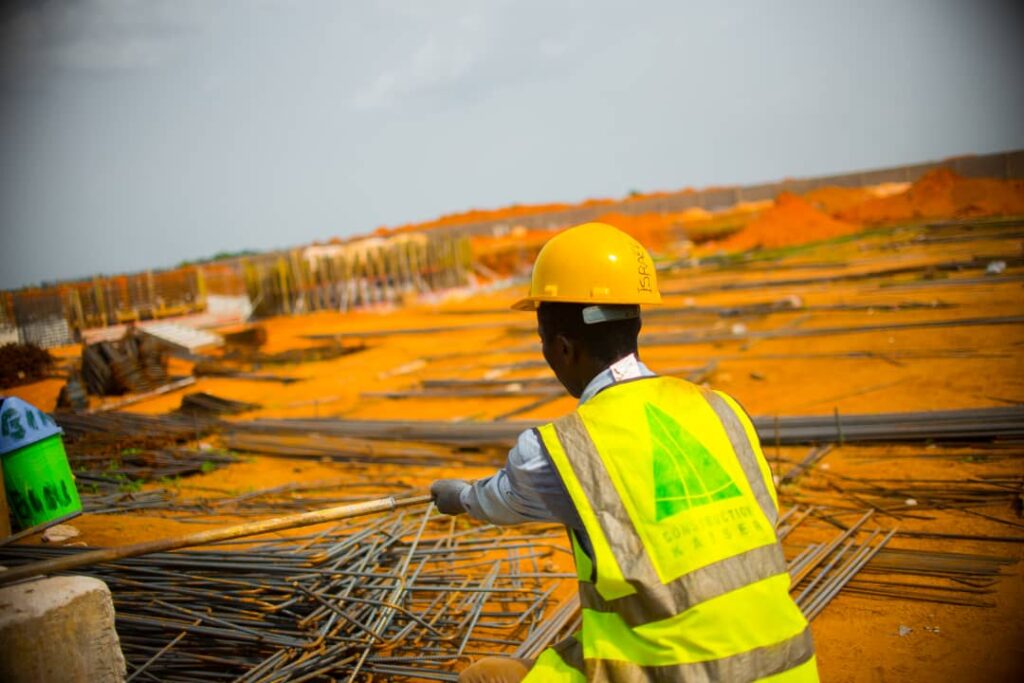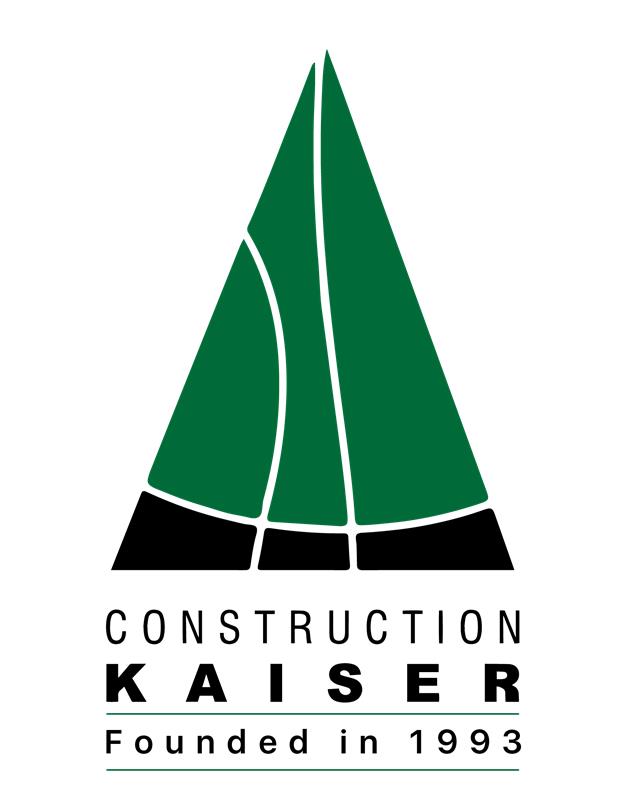How To Execute Construction Projects Successfully in Turbulent Times.

In Nigeria’s construction sector, navigating challenges has become a norm, especially in the face of economic uncertainties triggered by the devaluation of the Naira. These challenges encompass material shortages, fluctuating prices, forex shortages, and the persistent devaluation of the local currency.
Despite these hurdles, an organization can demonstrate resilience and adaptability, ensuring the successful execution of projects even in the most challenging times.
At Construction Kaiser Limited (CKL), we are exploring the following key tips to execute projects successfully in turbulent times.
1. Flexibility in Contracts: In turbulent economic times, it’s crucial to have flexibility in contracts. Consider adopting contracts with limited fluctuation clauses instead of fixed contracts. This allows for adjustments to be made in response to changing market conditions, mitigating the impact of price fluctuations and material shortages.
2. Proactive Planning: Before commencing a project, invest time in meticulous planning. This involves charting a clear course for the entire project, considering factors such as resource allocation, timeline management, and risk assessment. Proactive planning sets the foundation for successful execution and helps in adapting to unforeseen challenges.
3. Effective Communication: Establish transparent and consistent communication channels with clients and stakeholders. Regular updates on project progress, challenges, and mitigation strategies are essential for managing expectations and building trust. Emphasize open dialogue to ensure everyone is aligned on project goals and objectives.
4. Strategic Resource Allocation: Allocate resources strategically to ensure optimal efficiency and productivity. Identify critical project components and prioritize their procurement to safeguard against material shortages and inflationary pressures. This proactive approach helps in securing essential items before prices fluctuate.
5. Risk Management: Implement robust risk management strategies to address potential challenges. This may include adopting value engineering techniques to reduce project costs without compromising quality or safety. Additionally, consider incorporating retention bonds in contracts to provide financial guarantees for project completion and defect rectification.
6. Regulatory Compliance: Navigate regulatory challenges by proactively engaging with regulatory authorities and obtaining permits on time. Regular communication and cooperation with regulatory bodies can streamline the permitting process and minimize delays in project execution.
7. Collaborative Approach: Foster collaboration among project teams and stakeholders. Develop a shared understanding of project objectives and methodologies to facilitate effective teamwork and problem-solving. Encourage open communication and collaboration to overcome challenges collectively.
By incorporating these tips into project management strategies, construction companies can navigate turbulent times effectively and ensure the successful execution of projects despite economic uncertainties and market fluctuations.
By Engr. Chinedu Osonwa















